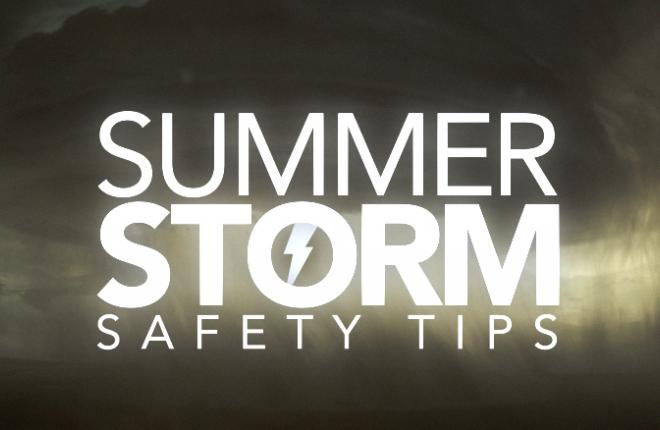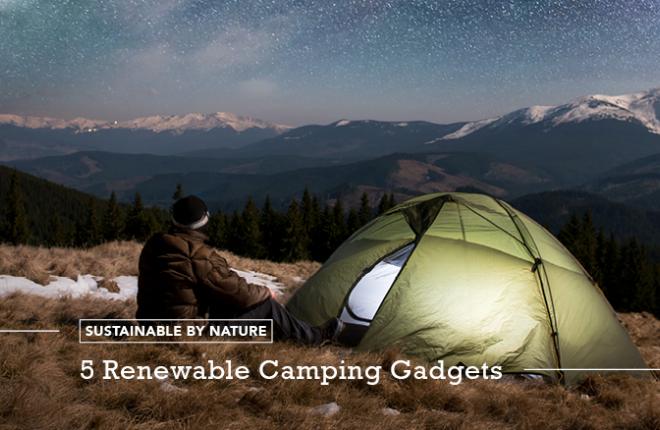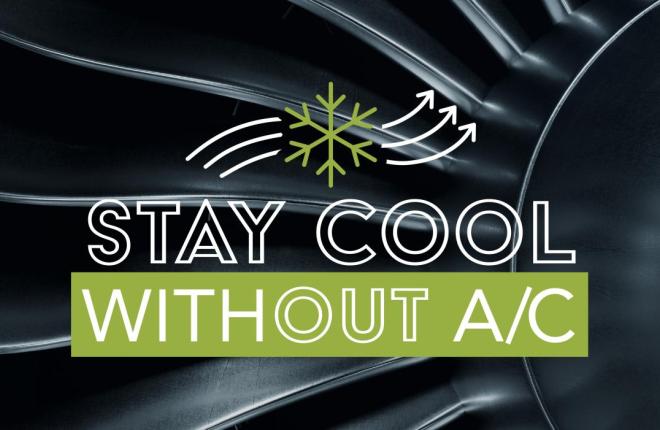
February 13, 2020
3 Energy Conservation Tips You Can't Afford to Miss
In every home in America, money is spent on energy consumption. With the average electricity spend per year at $1,368.36, and in some cases, about 35% of the electricity used is actually wasted. Whether you use electricity, propane or natural gas as an energy source, there are ways to conserve and reduce your power bills for heating, air conditioning, lighting, and water heating. Check with your local cooperative or Public Power District (PPD) may be able to help you with more direct information and rebates to install energy-efficient equipment and cut your costs.
1. Cooling and heating use a whopping 47% of energy use in your home. Installing a smart thermostat is a good way to reduce cooling and heating costs.
These costs vary from home to home. Even similar-sized homes cooling and heating costs can vary greatly so it can be tricky to “compare” your cooling and heating costs. Costs vary by; the number of people in the home, the amount and type of attic and wall insulation, the number and quality of windows, do you have (and use) a programmable thermostat and the list goes on.
Finding a comfortable temperature for everyone in your home can be challenging but can be essential to cutting your heating and cooling costs. Again, by installing a smart thermostat to help regulate the temperature automatically will help. Some smart thermostat systems also use smart features like a motion sensor to determine if you're home or away and automatically change the temperature – for both heating and cooling. According to the EPA, when used correctly, programmable thermostats are known to save homeowners 10-30% on their heating and cooling bills. You should also check with your electric provider to see if they offer rates for Time-of-Use. Making small changes in the time you perform some of your household activities or charge your electric vehicle can also cut your utility bills. If your budget doesn’t allow for installing a new thermostat, you can raise and lower your thermostat manually for nighttime and daytime temps.
2. Your water heaters are also a major energy user in your home. Water heaters heat water for cooking, bathing/showering, and washing clothes. You can reduce water heating costs (electric or gas) by investing in low-flow showerheads, use cold water for clothes washing, turn off the water while brushing your teeth or shaving, take quick showers and fewer baths and lower the water heaters thermostat setting. An easy way to reduce water heating costs is to reduce the thermostat setting. A typical water heaters thermostat is set at 145 degrees at the factory. You can reduce this to 120 degrees and; reduce the risk of burns, save money and still have water hot enough for your household needs. Your water heater runs to heat the water as well as maintain that temperature while the water is in the tank, so even when not using hot water the water heater will cycle on and off to maintain that temperature.
3. Your washer and dryer use 13% of energy use in your home. At eight loads of laundry a week, the average family uses both the washing machine and the dryer six hours each on average per week. Even with some of the more energy-efficient models, the combined cost of doing laundry can add up to more than $256 a year for the electricity alone. Use cold water for washing as often as you can and opt for ENERGY STAR appliances. Hang your laundry outside to dry when weather permits.
Electrify and Save™
--
About Tri-State
Tri-State is a power supply cooperative, operating on a not-for-profit basis, serving electric distribution cooperatives and public power district member-owners in four states. Together with our members, we deliver reliable, affordable and responsible power to more than a million electricity consumers across nearly 200,000 square miles of the West. Visit www.tristate.coop.
Blog Posts

Van Life: How to Make Your Van More Efficient

10 Easy Ways for Kids to Conserve Energy at Home and School

Important Summer Storm Safety Tips

How to Safely Power Your Home Workouts

The Best Solar Camping Gadgets for Summer

Important Generator Safety Tips

4 Electrical Safety Tips Every Kid Should Know

How to Cool Your Home Without Central Air Conditioning


